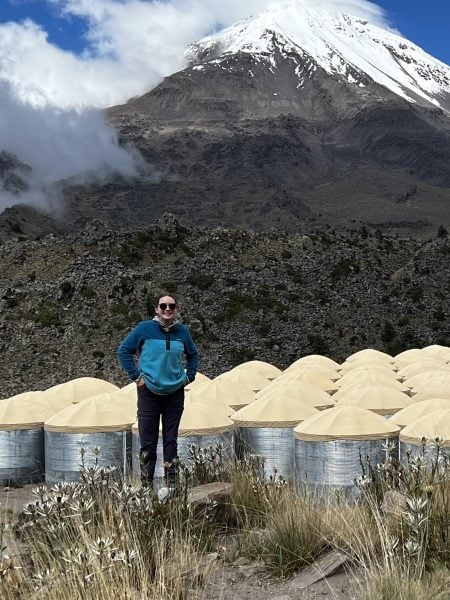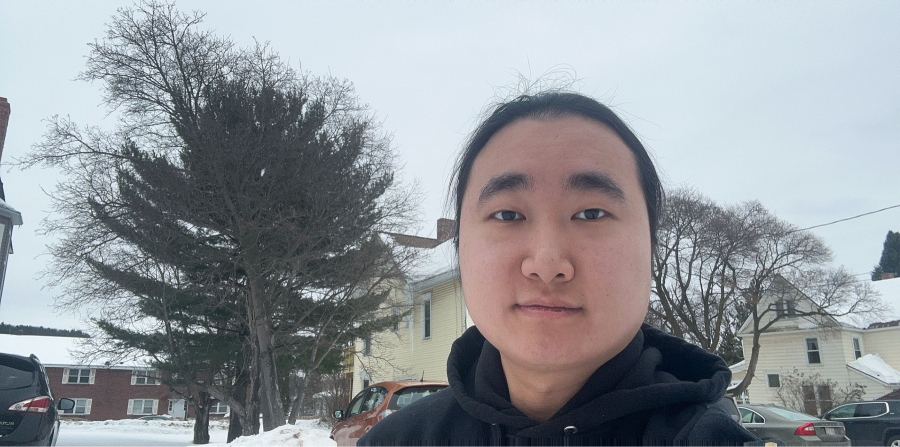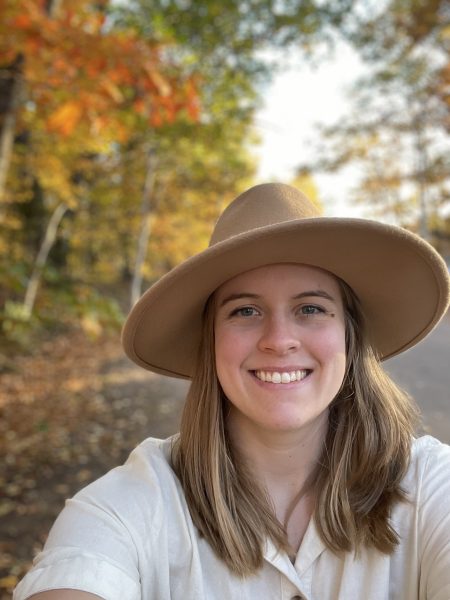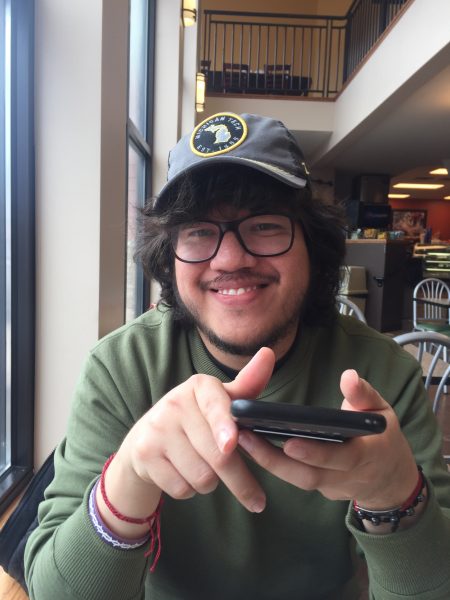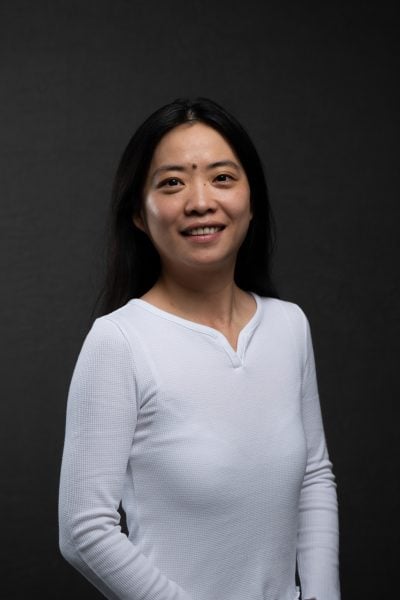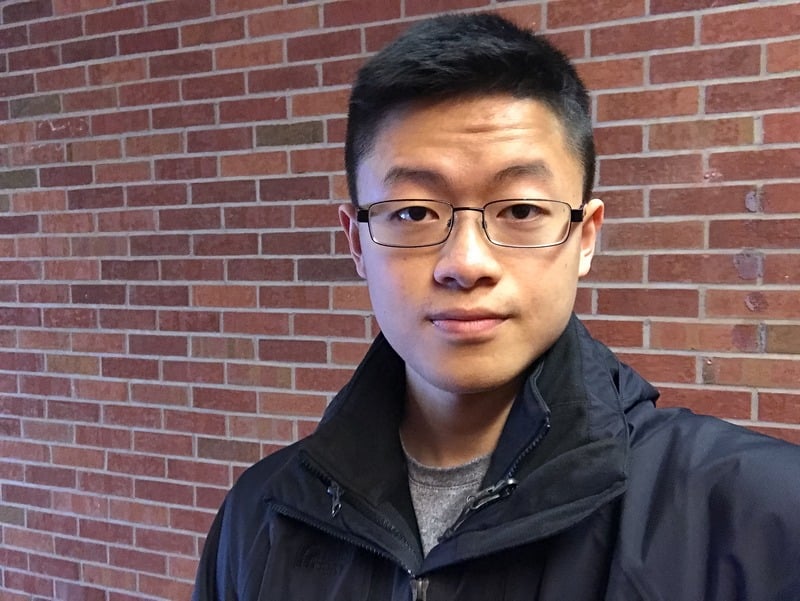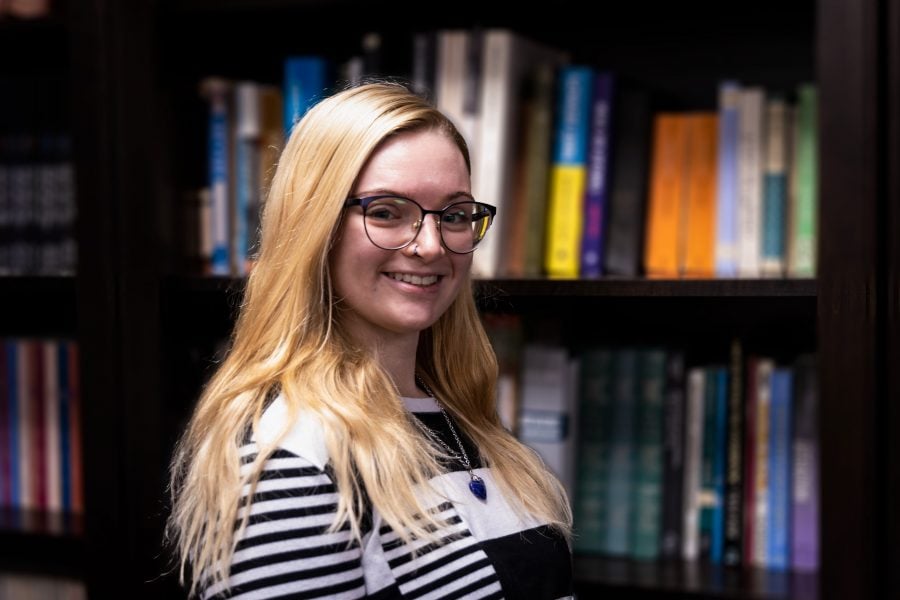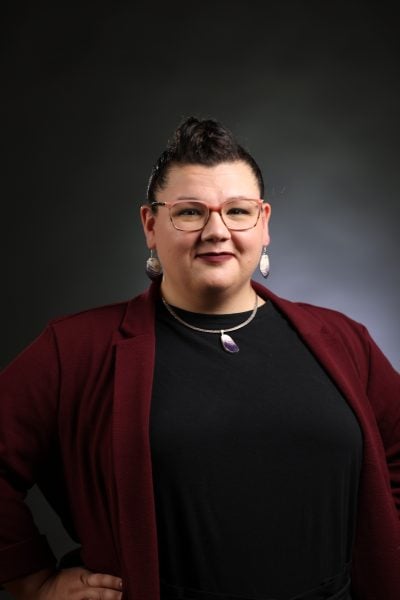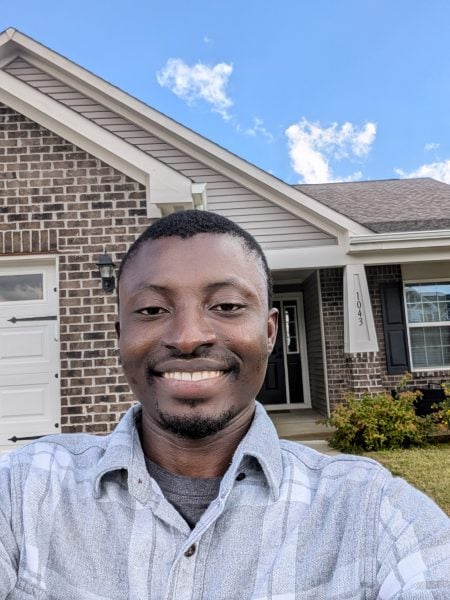
My journey at Michigan Technological University began when I joined the masters program at Mathematical Sciences at Michigan Tech in 2019. I soon transitioned to the Ph.D. program in Statistics, where I have had the privilege to explore my passion for statistical modelling and analysis. My research focuses on computational statistics, particularly developing novel frameworks for factor analysis and dimensionality reduction, and model-based clustering. Currently, I am working on designing innovative algorithms that simultaneously cluster high-dimensional data and reduce its dimensions—tools with wide applications, from understanding complex biological systems to addressing societal challenges in climate and public health. Building on my advisor’s work, I have developed a fast sophisticated algorithm for performing clustering analysis along with data reduction. The algorithm, which will soon be available open-source, has been applied in the diagnosis and identification of the nature of breast tumors and has demonstrated impressive performance through rigorous simulation studies.
When not immersed in academic work, my time at Michigan Technological University has been enriched by engaging in sports and recreational activities. The outstanding sports facilities on campus have fueled my enthusiasm for swimming, a pastime that I now deeply enjoy. Additionally, I have actively participated in the annual broomball tournament during the winter season—a thrilling tradition that makes me eagerly anticipate the arrival of winter each year.
I am deeply grateful to the Graduate School and the Graduate Dean Awards Advisory Panel for this Fellowship. It will afford me the time and focus to wrap up my research and dissertation. I would like to especially appreciate my advisor, Dr Fan Dai, for her encouragement and invaluable mentorship throughout this journey. Her guidance has been instrumental in shaping me into an independent researcher, ready to take on the challenges of real-world data problems. I also extend my gratitude to my committee members (Dr Qiuying Sha, Dr Byung-Jun Kim and Dr Nathir Rawashdeh) for their support, the departmental chair (Dr Melissa Keranen), and the faculty and staff of the Department of Mathematical Sciences for their unflinching support so far.
As I approach the culmination of this phase of my academic journey, I look forward to applying the technical expertise and leadership skills I have honed here to advance statistical and machine learning methodologies and contribute to solving pressing global technology issues.
